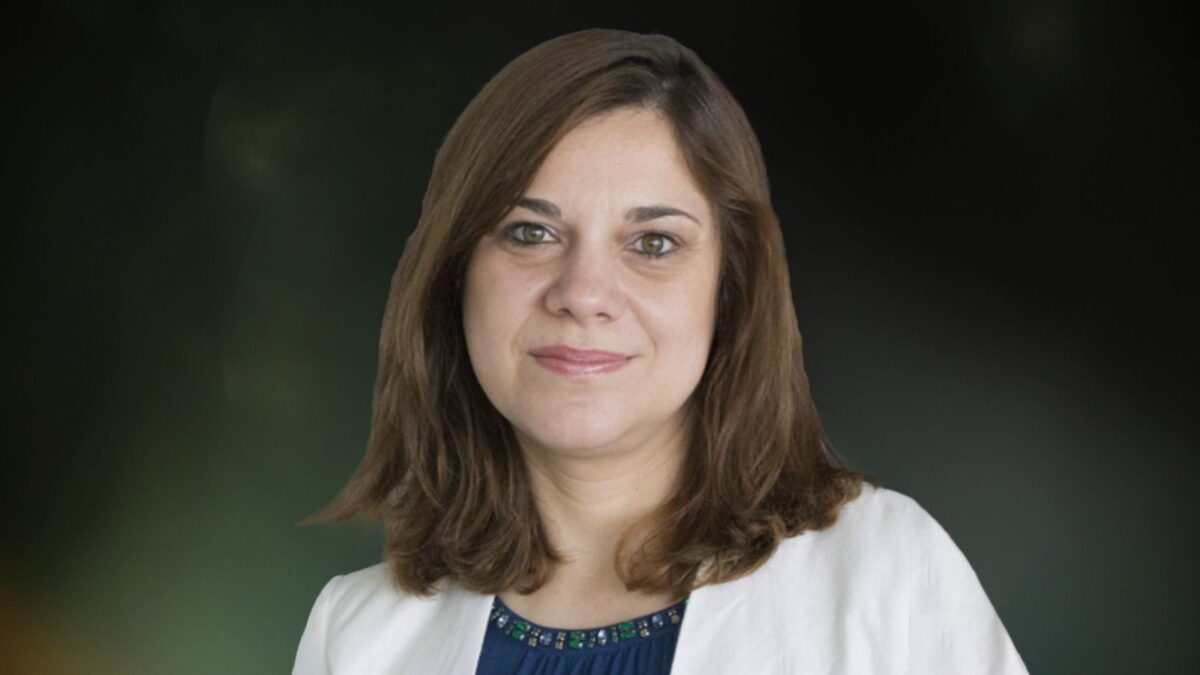How BNP rides the private assets boom
Private markets have been on a one-way trip upwards for the past few years, fuelled by an insatiable institutional investor appetite for alternative sources of risk and return. But the gush of institutional (and increasingly retail) money into the private markets arena has also brought a new set of challenges for back-office providers such as BNP Paribas Securities Services.
Karine Litou, global deputy head of private capital for the Paris-based firm, said the asset class tends to feature much more complexity, lack of transparency and data difficulties compared to listed counterparts.
“Private markets are very complex for both asset owners and asset managers,” Litou said, adding that the diverse nature of private assets – a definition that encompasses private equity, real estate, infrastructure and private debt – is complicated further by a wide variation in both size and sophistication of underlying managers.
Yet while private markets remain poorly lit in contrast to listed assets, investors are increasingly pushing for better reporting, more data and greater transparency as allocations to the sector ramp up. Litou, in Australia last week, said BNP Paribas Securities Services has invested heavily in people and technology to meet the growing expectations of private markets clients.
She joined the firm in 2018 after a more than 15-year career in the French private equity sector at a time when private markets stood poised for explosive growth. The business now oversees some US$800 billion in private assets with a staff count in the specialist area numbering about 800.
Applying technology including (still early stage) artificial intelligence tools such as machine-learning and – sometimes in partnership with fintechs – has been indispensable in bringing the group’s private markets capabilities up to speed, Litou said.
“With technology we automate as much as possible,” she said.
However, tech can only go so far in a niche contract-based investment industry that requires specialist knowledge to sift through the nuance in the various sub-genres such as private debt and infrastructure (currently, the two fastest-growing sectors)
“You need to have a team that understands the asset class well,” Litou said.
As well as insisting on greater transparency across fundamental financial data that is standard in listed assets, private markets investors are also clamouring for more insight into the environmental, social and governance (ESG) credentials of underlying companies.
“Asset owners are pushing us to do ESG due diligence when they are selecting new [private markets] managers,” she said, which in turn has seen fund managers provide better information on factors such as carbon footprints.
While the private asset sector saw a relative downturn in 2023, particularly among private equity and real estate managers, investors remain upbeat. BNP Paribas Securities Services is seeing increased interest in private markets from investors across the world including Australia and NZ.
“Asset owners are increasing allocations to private markets… some have huge exposures,” she said, in a boom set to keep back-offices busy for a while yet.











